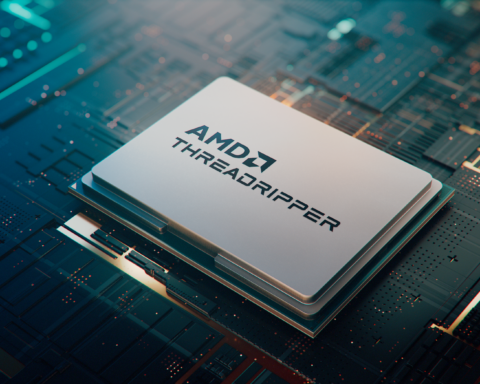The uniqueness of the iPhone 14 series’ SoC was a major contributing factor to its peculiarity. The A16 Bionic offers minor upgrades, but almost none for the GPU in the iPhone 14 and iPhone 14 Plus, which both maintain the same A15 Bionic from the iPhone 13 series from the previous year. They were the most incremental iPhones ever, to put it simply. Usually it’s difficult to tell what’s going on within the Cupertino company, but according to a story from The Information, issues with the A16 Bionic’s GPU that weren’t detected until late in the design phase prompted the company to abandon its next-generation GPU.
Apple’s largest claim for the GPU in the A16 Bionic was a 50% increase in memory bandwidth, but even that is probably not entirely attributable to the GPU. LPDDR5 RAM, an improvement above LPDDR4X in the iPhone 13 series, was introduced in the iPhone 14 series with a memory frequency of 6400MHz. Engineers tried to add too many features, the study claims, and it wasn’t until the end of the development process that it was realised the GPU consumed too much power. This would cause the phone to run hotter as a result, which was deemed unacceptable.
This “exceptional” error led to the A16 Bionic’s GPU being based on the GPU from the previous year. No other information was provided, but it was claimed that the GPU the business had been developing supported hardware ray-tracing in addition to other cutting-edge technologies. According to the research, this Apple business is having a difficult time keeping up its annual leadership in performance and power efficiency gains, especially since important personnel like Gerard Williams III and Mike Filippo left.
It’s unclear what this means for the A17 Bionic and the iPhone 15, but prior chipsets like the Snapdragon 8 Gen 2 have shown Qualcomm steadily starting to catch up to Apple. Although there is still some progress to be made, Apple’s difficulties might persist in 2023.








